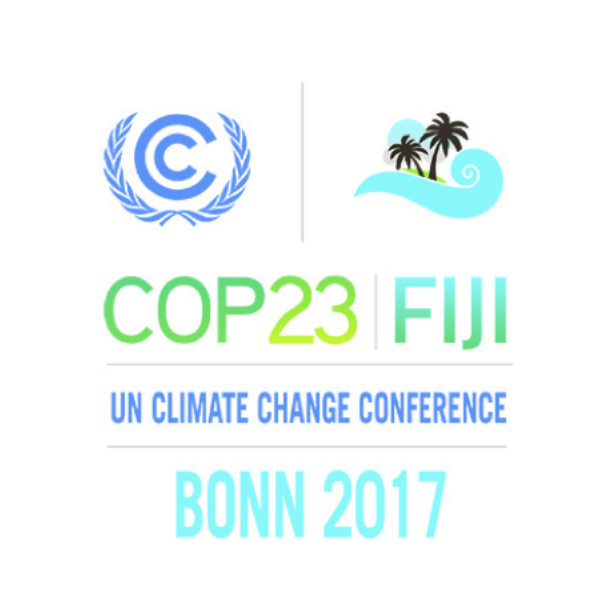
The Fidji COP 23 has just ended
What was the upshot of it?
"COP" stands for “Conference of the Parties”. It is the supreme decision-making body of the United Nations Framework Convention on Climate Change ("UNFCCC"). Since COP21, during which the Paris Agreement was adopted, these "COPs" also serve as "Conferences of the Parties acting as a meeting of the Parties of the Paris Agreement". A two-in-one system, at long last…
The purpose of this 23rd COP, or third meeting of the Parties of the Paris Agreement, was to specify the framework of the Paris Agreementthat was concluded at COP21. It was chaired by Fiji but took place in Bonn, Germany.
Enventually, the countries agreed to draw up, at the end of 2018, a collective review of their greenhouse gas emissions. This collective review will be carried out following a year-long process of dialogue and will be used to evaluate what still needs to be done in order to reach the warming threshold of 2°C, or better still, 1.5°C, as set out in the Paris Agreement(Art. 2.1). In fact, Article 20 of Decision 1/Cp.21 attached to the Paris Agreement provides for the organisation of a facilitating dialogue in order to prepare nationally determined contributions which should allow for the target of 2°C to be met (Article 4 of the Paris Agreement). Yet, in their current state, national contributions lead to a temperature trajectory of +3°C.
The content of the dialogue is explained in detail in the COP23 decision: "COP (...) has decided to organise a facilitating dialogue between the parties in 2018, in order to produce a review of the collective efforts carried out to control emissions. The dialogue must be constructive and focused on solutions". In summary: "The dialogue will be structured around three themes: Where are we at? Where do we want to go? How do we get there?" The dialogue will lead to a phase of ministerial-level discussions at COP24 in 2018. In the meantime, it will be fuelled by contributions from the group of UN scientists, IPCC, but also from all types of stakeholders committed to climate action.
The Paris Agreement, which comes into force in 2020, includes an upward review mechanism of national commitments every five years, with its first mandatory review in 2025 (Article 4.3). This dialogue will therefore prepare the baselines for this review.
However, the COP23 negotiations will not have allowed for real progress on the subject of loss and damage, but this was already addressed very vaguely in the Paris Agreement (Article 8).
Some say that the most important aspect of this conference was not played out in the "Bula zone" - centre of the negotiations - but in the "Bonn zone", where the initiatives of civil society and coalitions were developed, often involving countries, but also regions, towns and cities, businesses and companies, etc. For example, the alliance for the final elimination of coal was created as well as the "2050 platform" which supports long-term low-carbon strategies.
The next edition, the COP24, will take place in December 2018 in Katowice, Poland. It is in this region of Silesia, where coal mining is still a way of life, that the provisions of the "Rule Book" are to be finalised, the guide for implementing the Paris Agreement concluded in December 2015 in the hope of limiting global warming to below the threshold of 2°C. A lot of work still needs to be done...
Associated areas of specialisation: Environment